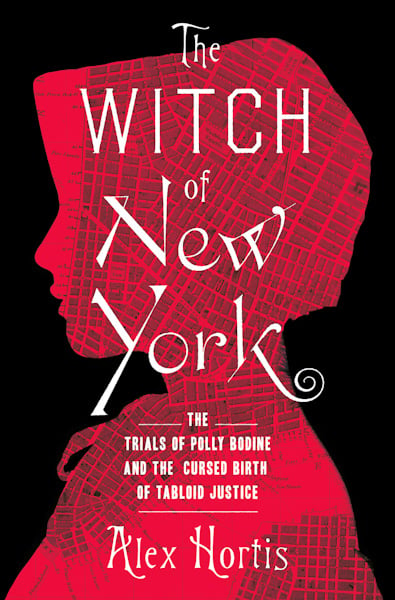How a Bankruptcy Court Overrode Restitution in a Criminal Case
The plight of Mark Poveromo illustrates how bankruptcy law and criminal law can conflict, sometimes to the victim’s detriment.
The Associated Press reports on Poveromo’s predicament and quotes experts who say the case highlights the need to revise bankruptcy laws to treat people better who are awarded restitution in a criminal case.
Poveromo paid nearly $40,000 to an Illinois contractor to construct a building for his pet food business, but the work was never done, the story says. He filed a criminal complaint, resulting in a larceny conviction for the builder, Mark R. Koch, and an order to pay restitution and attorney fees.
Before Poveromo filed the criminal complaint, Koch had filed for bankruptcy in St. Louis, halting monetary claims against him. Poveromo claims he never got notice of the bankruptcy filing because it was sent to his old office address.
Judge Charles Rendlen III ruled in November that Poveromo had intentionally violated the stay by causing Koch’s criminal arrest, the AP story says. He ordered Poveromo to pay back nearly $28,000 he had received from the builder in restitution, attorney fees and costs.
Poveromo settled the case a few weeks ago. He will keep the money he has already received but he will not be able to collect the rest of the money.
St. John’s University law professor Anthony Sabino criticized the bankruptcy court ruling. “This is an outrageous decision,” he told AP. “I think it’s a miscarriage of justice.”
Jack Williams, resident scholar at the American Bankruptcy Institute, said the case shows the need to revise the bankruptcy law to allow criminal restitutions to go forward during bankruptcies. But Sabino said the problem is with Rendlen’s interpretation of the law.



